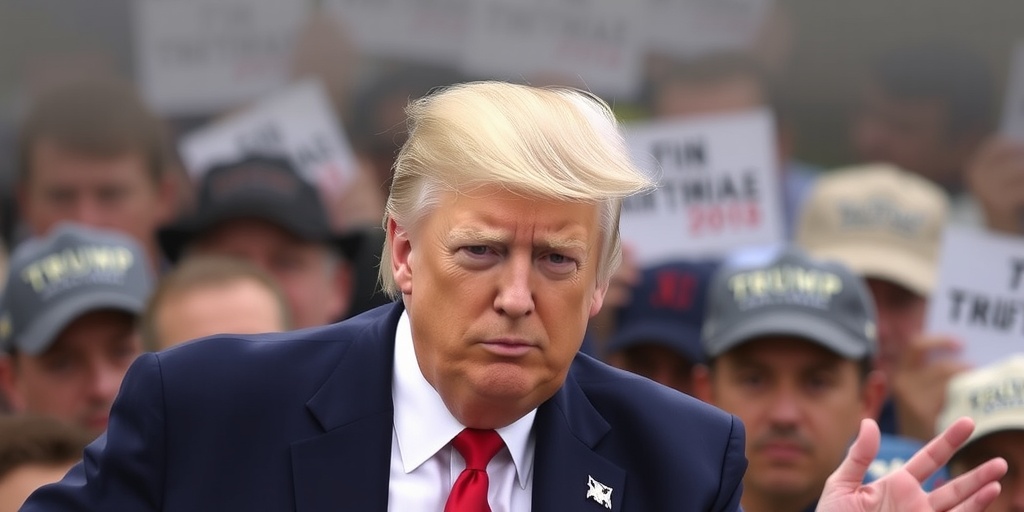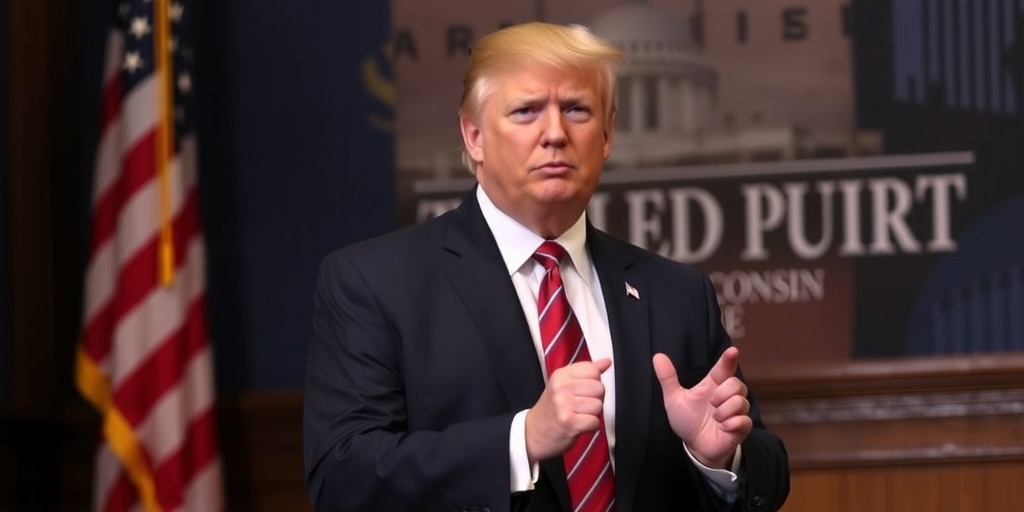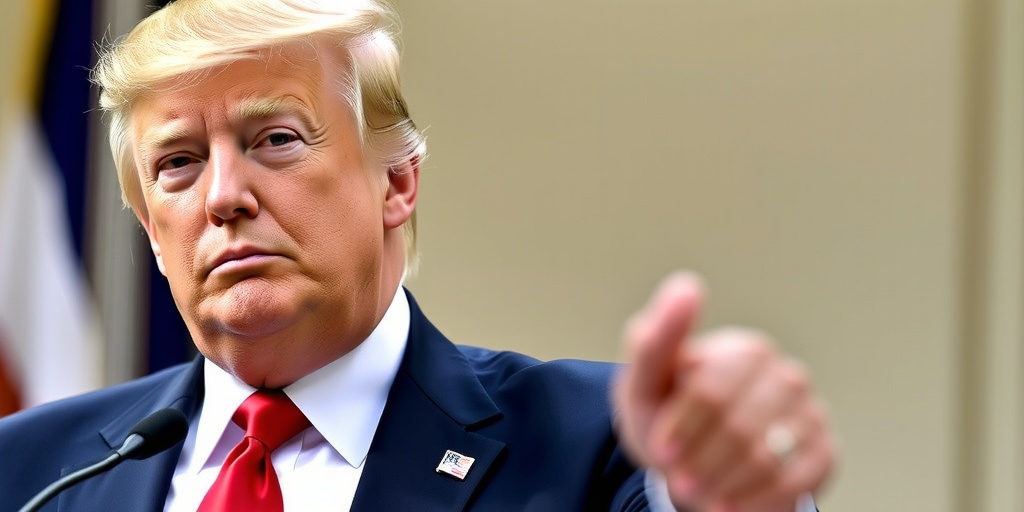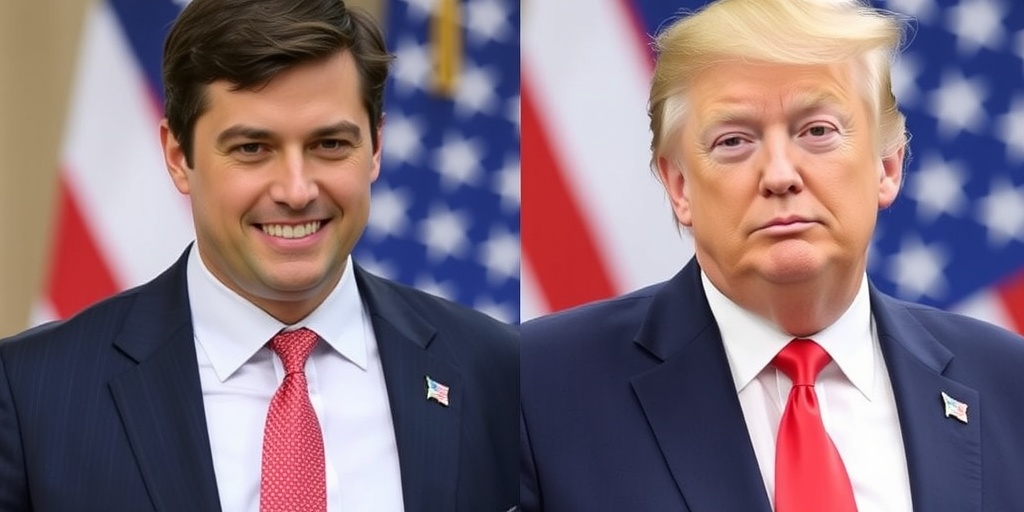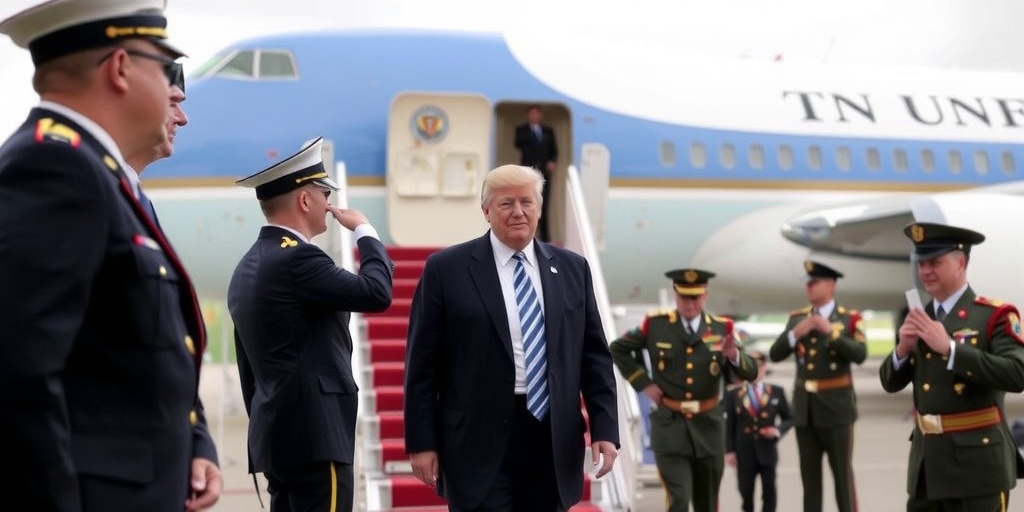Now Reading: Trump Faces Tough Fundraising Challenge at Kennedy Center
-
01
Trump Faces Tough Fundraising Challenge at Kennedy Center
Trump Faces Tough Fundraising Challenge at Kennedy Center
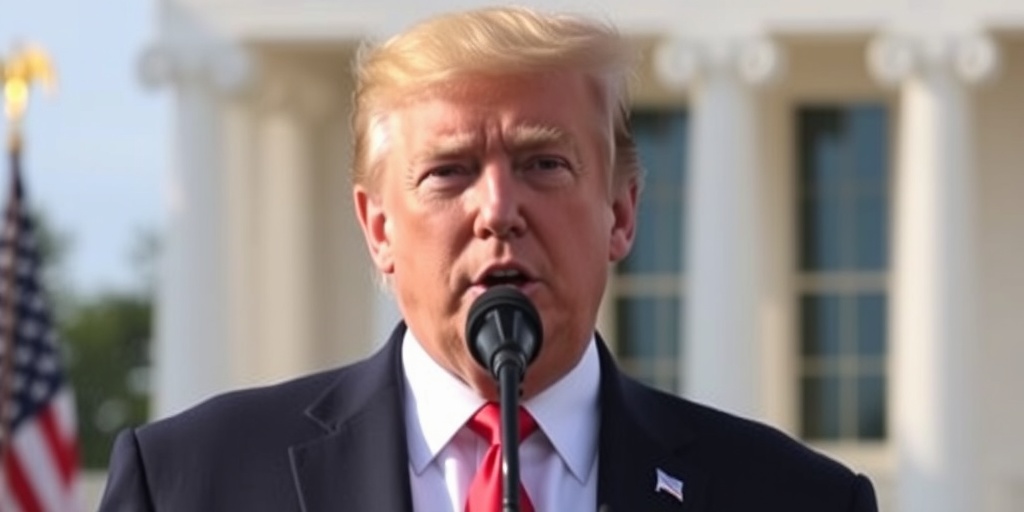
Title: The Kennedy Center’s Dramatic Overhaul: Financial and Artistic Implications Post-Leadership Change
In a rapid and unprecedented transformation, the John F. Kennedy Center for the Performing Arts in Washington, D.C., has undergone significant changes within just one week. President Trump has executed a sweeping purge of the center’s board, removing all appointees from the Biden administration and installing himself as the new chairman, effectively displacing David M. Rubenstein, the center’s largest benefactor. This dramatic shift culminated in the dismissal of Deborah F. Rutter, the center’s president for over a decade, alongside at least three other senior staff members.
The upheaval has sent shockwaves through the arts community, leading to protests from various performers who fear that Trump’s attempts to eliminate "woke" influences—including drag shows and what he deems "anti-American propaganda"—could lead to programming being narrowly aligned with his own preferences. These concerns have sparked conversations about whether the center’s longstanding commitment to pluralism, free expression, and diverse artistic forms is at risk. However, experts also emphasize that financial stability is an equally pressing issue.
While the recent developments may suggest that the Kennedy Center operates as a federal arts agency, it is essential to recognize that it is a semi-independent nonprofit under the auspices of the Smithsonian Institution, functioning as a public-private partnership. Of its total operating budget of $268 million, only approximately $43 million—or about 16 percent—comes from the federal government. Notably, this federal funding is not allocated for programming but is intended for the maintenance and operations of the federally owned property. Revenue streams for the Kennedy Center must primarily be generated through ticket sales, space rentals, food vendors, and donations from individuals, corporations, and foundations.
Michael M. Kaiser, chairman of the DeVos Institute of Arts Management and former president of the Kennedy Center, voiced concerns regarding the center’s fundraising prospects in light of the leadership overhaul. He questioned how many donors and ticket buyers will be willing to continue their support in this new environment, given the uncertainty surrounding the changes.
Rutter pointed out in an interview that managing the Kennedy Center requires deep engagement with various stakeholders, including artists, staff, and government entities. She highlighted that the center is already grappling with financial challenges, having a relatively modest endowment of $163 million compared to other institutions. For instance, Carnegie Hall, with an operating budget less than half of the Kennedy Center’s, possesses an endowment approximately twice as large.
Despite efforts under Rutter and Rubenstein that saw contributions and grants reach nearly $141 million in the fiscal year ending in September 2023, the recent leadership changes could jeopardize these fundraising successes. Rubenstein, who has a longstanding philanthropic commitment to the center, has donated over $100 million and played a crucial role in boosting its financial footing.
It remains uncertain whether Trump plans to take on any fundraising responsibilities himself, a task typically undertaken by chairpersons. Additionally, given Trump’s current obligations, he may delegate these efforts to other board members. This shift could alienate some traditional supporters while possibly attracting new donors who previously viewed the center as elitist.
The Kennedy Center has historically drawn support from both Republican and Democratic donors, and its leadership hopes to maintain this bipartisan commitment. However, significant concerns loom regarding the development department’s staffing and the White House’s recent stance on "woke" expenditures, especially in light of a $1 million deficit reported by the center last year.
Amid these changes, the Kennedy Center continues to host over 2,000 engagements annually and operates numerous educational programs designed to engage a wider audience. Its programming has diversified, embracing genres such as comedy and hip-hop, alongside classical music and ballet. However, recent cancellations by performers, such as those from the actress Issa Rae and the Alfred Street Baptist Church, showcase the growing backlash against the new leadership.
While some assert that fundraising will not suffer under Trump’s leadership, others stress the vital expertise and relationship-building necessary to sustain a cultural institution of this scale. As Richard Grenell, the new interim president, steps into his role, he faces the immediate challenge of stabilizing the Kennedy Center’s finances, especially amid reports of having “zero cash on hand.”
The Kennedy Center is at a critical juncture, balancing its rich legacy and commitment to the arts against the political dynamics of its new leadership. How effectively it can navigate these challenges will ultimately determine its future as a cultural beacon in America.
Stay Informed With the Latest & Most Important News
Previous Post
Next Post
-
 01New technology breakthrough has everyone talking right now
01New technology breakthrough has everyone talking right now -
 02Unbelievable life hack everyone needs to try today
02Unbelievable life hack everyone needs to try today -
 03Fascinating discovery found buried deep beneath the ocean
03Fascinating discovery found buried deep beneath the ocean -
 04Man invents genius device that solves everyday problems
04Man invents genius device that solves everyday problems -
 05Shocking discovery that changes what we know forever
05Shocking discovery that changes what we know forever -
 06Internet goes wild over celebrity’s unexpected fashion choice
06Internet goes wild over celebrity’s unexpected fashion choice -
 07Rare animal sighting stuns scientists and wildlife lovers
07Rare animal sighting stuns scientists and wildlife lovers













